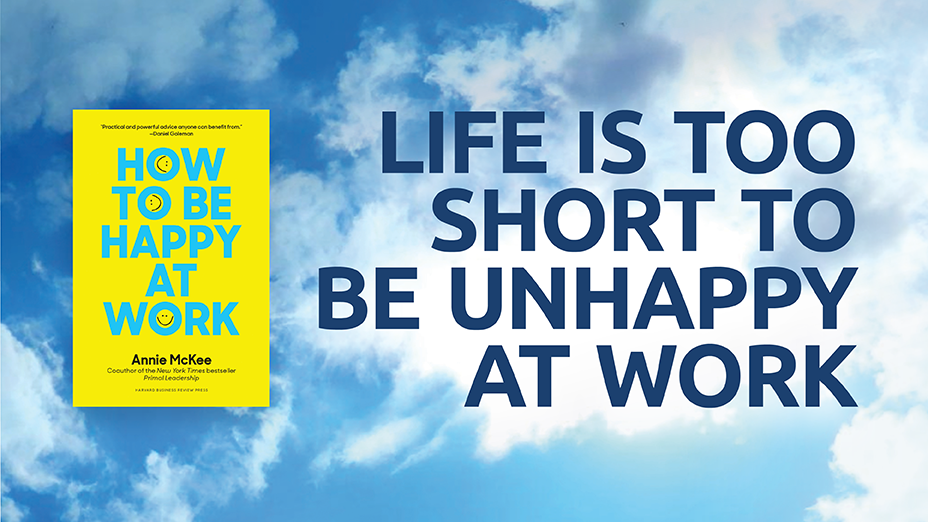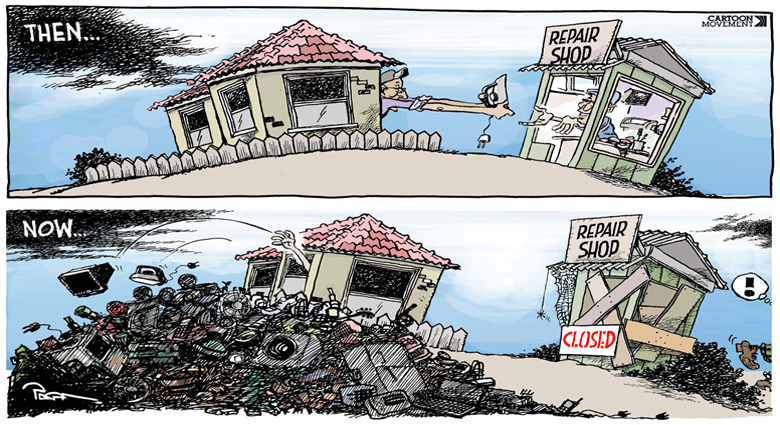I had a new book come out on February 29th. The Coaching Habit: Say Less, Ask More and Change the Way You Lead Forever is elegant, compact and is already getting lots of nice reviews on Amazon and elsewhere. I'm really proud of it.
And yet, this was the book I’ve come closest to abandoning. It’s taken me more than three years, at least four false starts, and a certain amount of head-banging despair to finally get here, something I didn’t experience with my other books. So what happened? And how did I make it after all?
"If you don’t know where you’re going, nobody else does either."
Feeling good. Perhaps even a little smug.
The Coaching Habit will be book #5, and I’d really thought I’d got the hang of things. Do More Great Work was originally self-published, but it got picked up almost immediately by a New York publisher and has gone on to sell nearly 100,000 copies. End Malaria was a whirlwind collaboration with Seth Godin, and it hit #2 on Amazon.com and has raised close to $400,000 for Malaria No More. Even my first book, Get Unstuck & Get Going , won a number of prizes.
I had this book writing thing down. Right?
Nope.
Derailed.
So where did things go wrong?
I wrote a draft. I though it was OK. (It wasn’t OK.) I persisted in it being the idea for the book, ignoring feedback.
I hired a book agent. He’s a great agent, but it turned out that he only complicated my relationship with my editor.
I fired my book agent.
I asked for a new editor at my publishing house. That was awkward.
The new editor also didn’t like the first draft.
I gave up for a while and sulked.
I wrote a second draft. My editor remained unimpressed. (“I love it … I just don’t *love* it”. Actually, he never said that.) I tried to bully them into taking it. Awkward. And No.
More sulking on my part.
I tried to guess what my editor wanted, and wrote a third draft to that imaginary spec. Still unimpressed. I tried again to push it through. Still no.
I discovered that my publishing house didn’t really do business books, so they may not have understood what I was trying to write.
And finally I remembered what book I really wanted to write. Pitched it in an adult, non-sulky, non-bullying way. They said No again. We parted ways, and after weighing up the options,I decided to self-publish.
And I was back on track.
Lessons Learned
1. It’s almost always bad before it’s good.
And by “almost” I mean “always”. Ernest Hemingway put it most bluntly: “The first draft of anything is shit.” I just wish he’d added, “and drafts two through five will probably be rubbish as well.”
What almost killed me was that for my other books, the good drafts came along pretty quickly after the bad ones. I figured out the idea, saw the arc, imagined the end point and then got there.
But as the advertisements for financial investments always remind us, “past performance is no guarantee of future results.” When the struggles continued for me, I began to lose a little faith in myself. Maybe I was done with book writing? Perhaps I’d peaked.Two things helped me renew my faith in myself. First, hanging out with my Friends-I-Can’t-BS. My Brain Trust, Jill, Pam, the VP of Everything Else. They weren’t about to let me subside into self-doubt, at least not for very long. But you can’t just rely on external validation. I needed to spend some time remembering what I was good at, what I’d done before, and how it was likely I could do it again.
2. If you don’t know where you’re going, nobody else does either
By version three of the book, I was wandering the wilderness without a compass or a canteen. I was now writing the book that I was guessing that my editor was guessing that their readers might like, if they in fact published business books (which they didn’t). In short, I was lost and relying on others for guidance was turning me into Captain Oates on trip to the South Pole.
And then I found my map.
I remembered who I was writing for - the engaged but time-crunched manager. I remembered what I strove for in my writing - practical, lean and funny. And I remembered my purpose behind the book. One of the high points of my entire career had been when writer Peter Block, one of my intellectual heroes, wrote a blurb for my first book saying “coaching isn’t a profession but a way of being with each other”. When I first read that, I realized that I really wanted to democratize coaching, make it something that everyone could give and receive. When I remembered that again, I found the North Star for The Coaching Habit.
3. You can’t do Great Work by yourself
How humbling to have to learn this yet again. I’ve clearly got a very strong streak of the stoic, self-contained, uber-responsible, don’t ask for help ever that even years of writing articles about why it’s good to ask for help, hasn’t cured. (“Take my advice. I’m not currently using it.”)
Finally I figured it out. I asked Seth, who recommended Catherine who become my brilliant editor. I found a wonderful award-winning Canadian designer Peter Cocking, who then recommended Page Two publishing consultants (and I was brilliant enough to go against my instincts and hire them.) I asked Pam Slim for help, and she found Lindsay, researcher extraordinaire. And there are many more people who’ve played crucial roles. In short, I found myself building an outstanding team who have heaved me onto their shoulders and carried me across the line.
This isn’t just about getting things done, nor is it just about scaling up impact (although both these things happen). It’s about creating the resilience and momentum to help you trust yourself and keep faith in your project.
Great Work? You need the help of others.
Are you close to quitting?
"It’s about creating the resilience and momentum to help you trust yourself and keep faith in your project."
There’s no shame in quitting. Sometimes, that’s the smartest thing to do. But like “buying low and selling high”, it’s hard to get the timing right.
If you’re grimly hanging on, how will you renew your faith in yourself? How will you find direction? Who will you invite on to your team?
If you’re ready to give it up, how will you renew your faith in yourself? How will you find direction? Who will you invite on to your team?
Onwards!





.png)

%20(1).png)


What Did You Think?